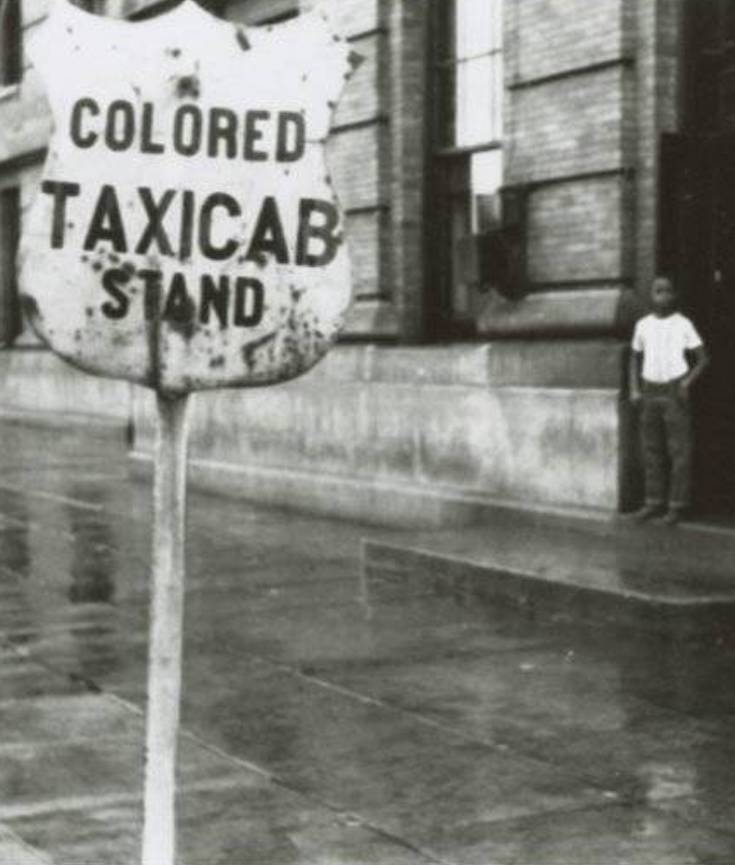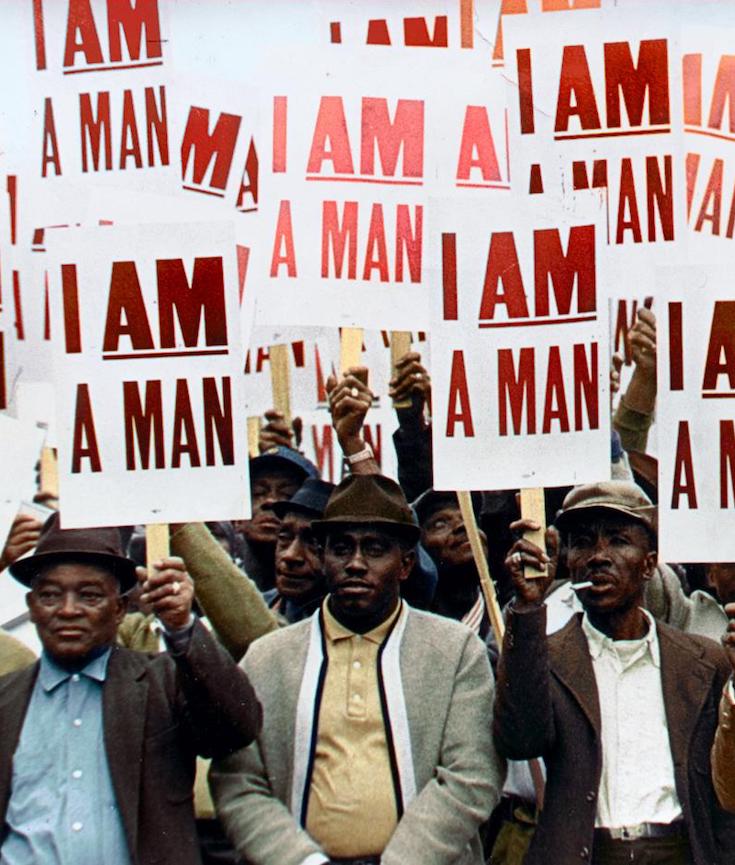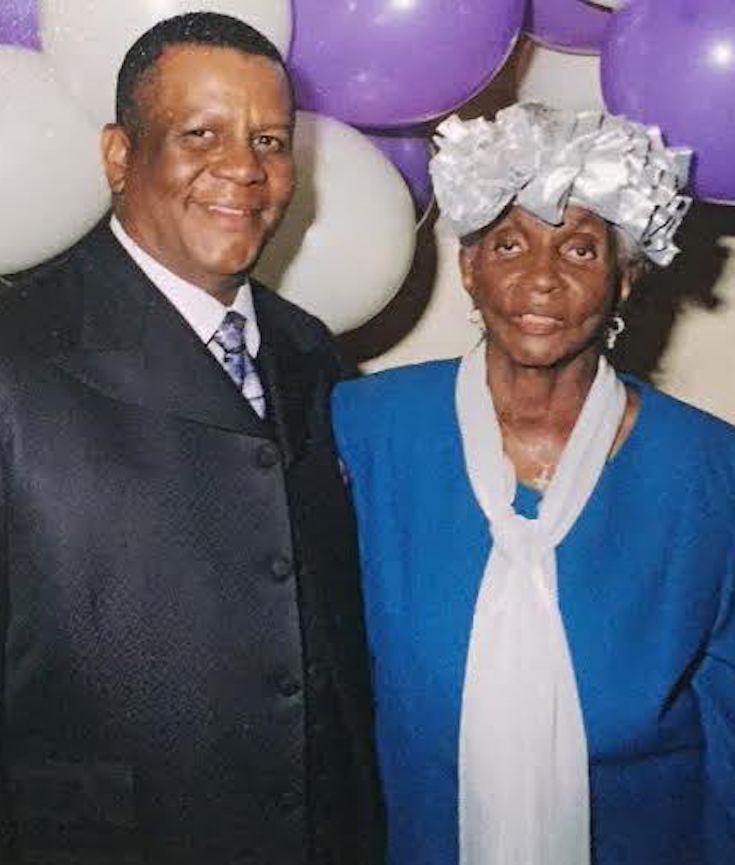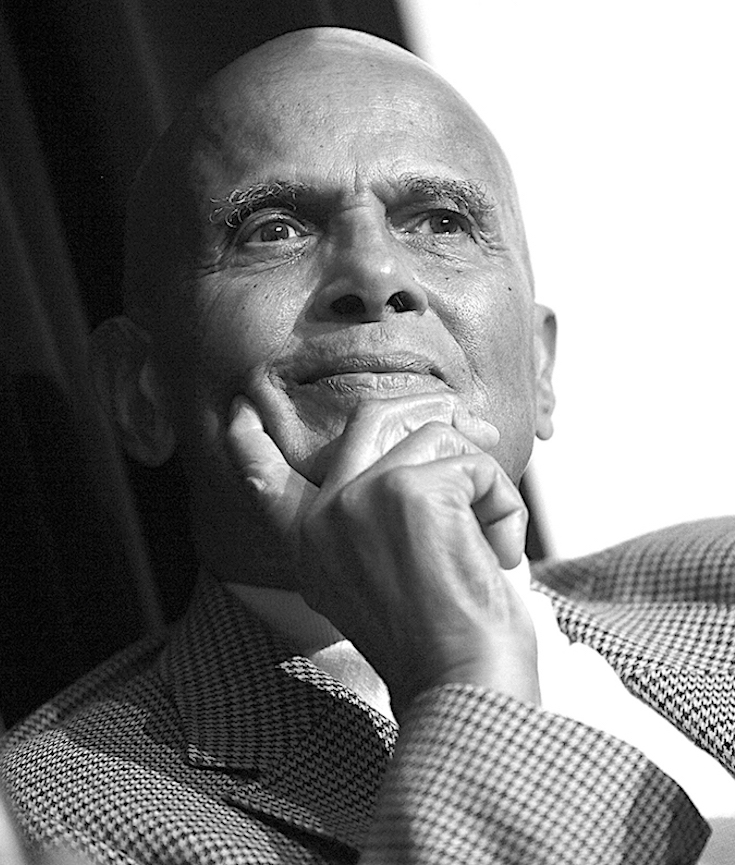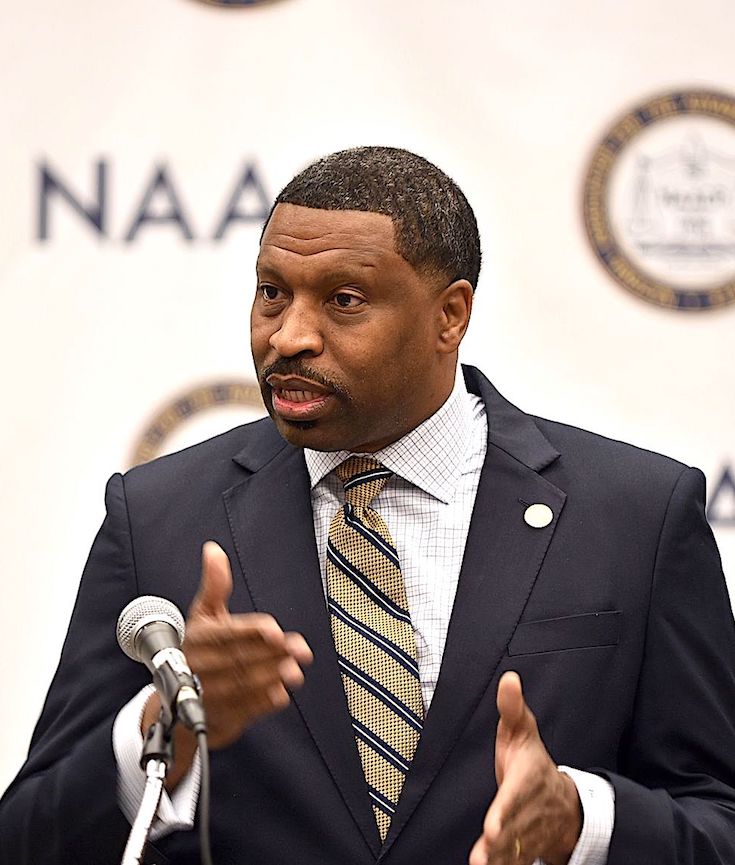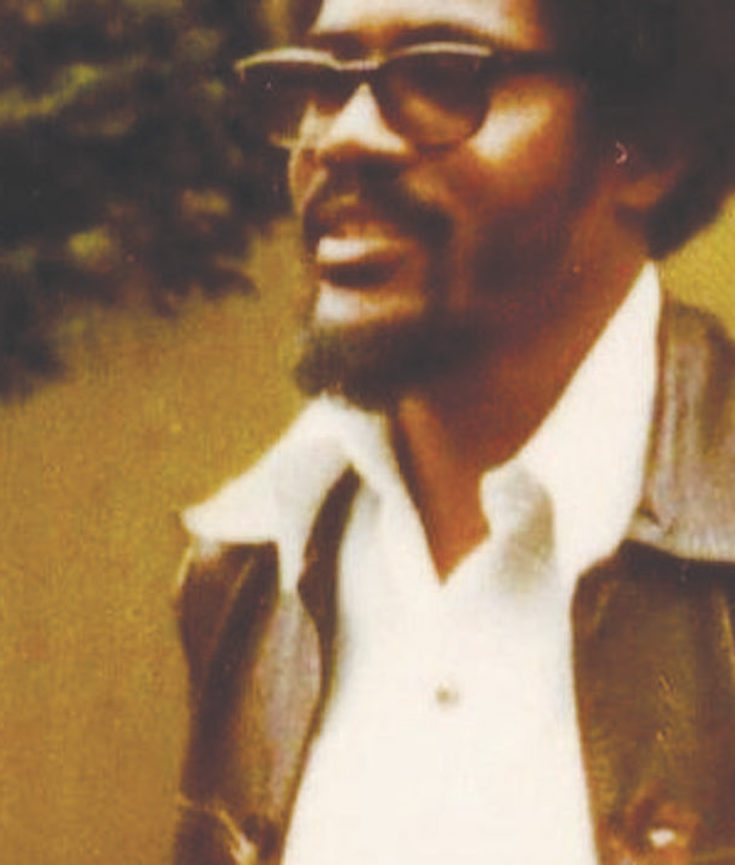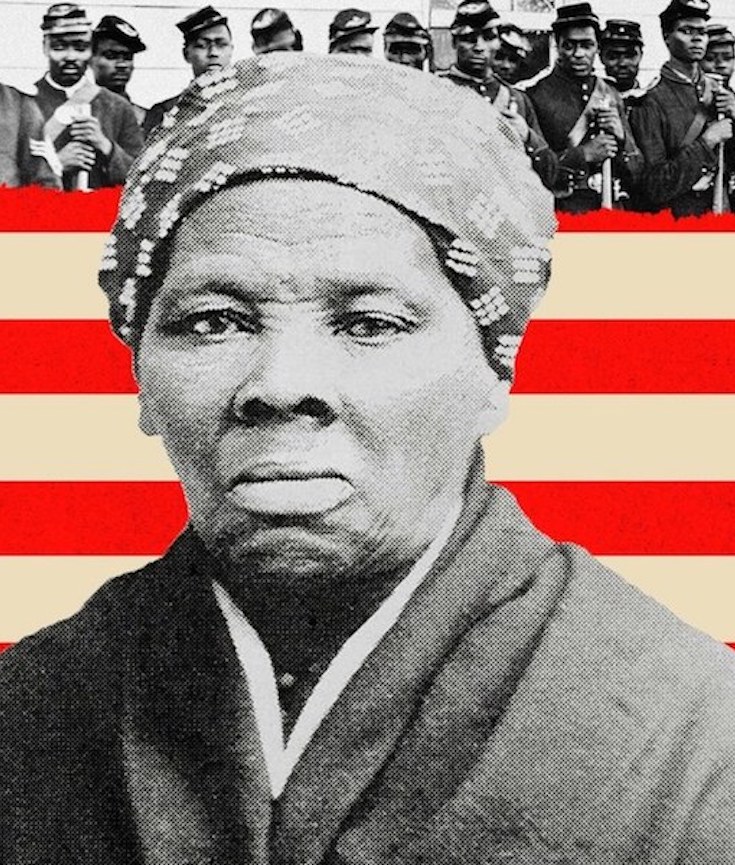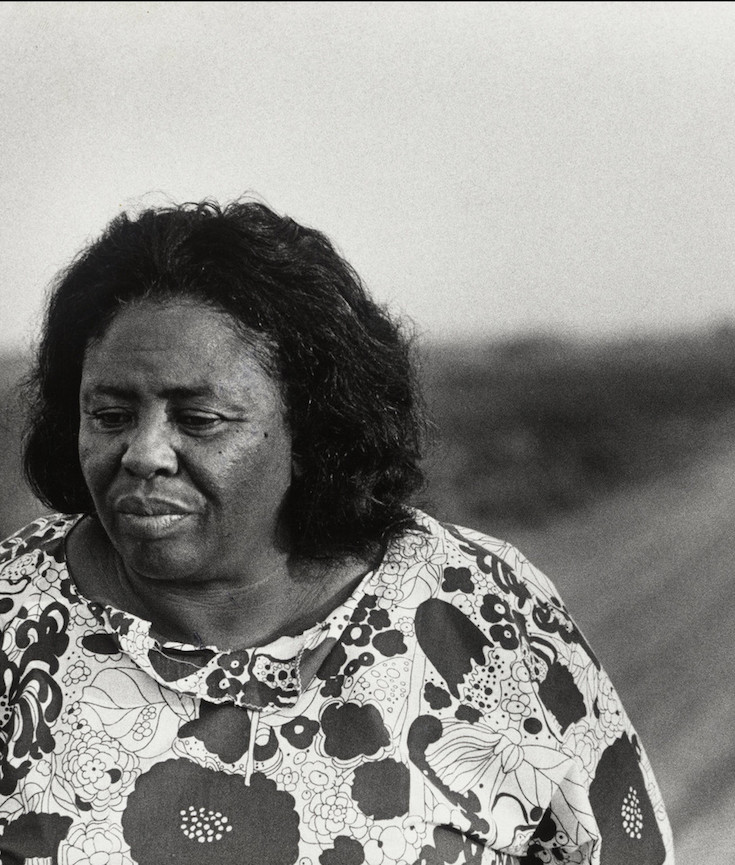In reality, some of the last of the major legal restrictions on African-Americans were torn down less than just 50 years ago with the Civil Rights Act of 1968, which disallowed racial discrimination in terms of housing opportunities.
View MoreTag: Civil Rights
The Power of Imagery in Advancing Civil Rights | Smithsonian Magazine
“Whether it was TV or magazines, the world got changed one image at a time,” says Maurice Berger, curator of a new exhibit at American History
View MoreLeola White dies, her home was 1st stop for many on ‘Great Migration’ | Chicago Sun Times
For many relatives, friends and friends of friends who left the South’s cotton fields and farms for factories in Chicago, Leola White’s home was the first stop on the way to a better life.
View MoreHarry Belafonte tells crowd at likely last public appearance: ‘We shall overcome’ | The Guardian
Singer and civil rights activist, 90, holds Pittsburgh audience spellbound with tales of his life and denunciation of Trump as a national ‘mistake’
View MoreNAACP Elects New President, Will Assume More Political Non-Profit Tax Status | NPR
The organization announced its new president and CEO and its intention to alter its tax status to a non-profit category that permits more aggressive political lobbying.
View MoreRemembering, Learning and Loving What Pan-African Activist Walter Rodney Did for Black People | Atlanta Black Star
Walter Anthony Rodney was an intellectual, a teacher, and an activist during the 1960s and 1970s; his life and work hold major importance for those of us who care about social justice and Black liberation today.
View MoreTo Kill a Mockingbird by Harper Lee taken off Mississippi school reading list | The Guardian
To Kill a Mockingbird, Harper Lee’s classic novel about racism and the American south, has been removed from a junior-high reading list in a Mississippi school district because the language in the book “makes people uncomfortable”.
View MoreMississippi Textbooks Are Keeping Students Ignorant of the Civil Rights Movement | Truthout
Before 2011, Mississippi public school students weren’t required to learn about the Civil Rights Movement at all. The previous social studies standards mentioned the phrase “civil rights” just three times in the 305-page document. It refers to the “Civil Rights Movement” once.
View More“Uncivil”: The Civil War Stories We Didn’t Learn in School | The New Yorker
“Uncivil,” hosted by two journalists, employs riveting storytelling and reporting to highlight the overlooked stories of the American Civil War.
View MoreFannie Lou Hamer at 100: The Speeches That Made Her a Civil-Rights Icon | Time
As many NFL players across the United States make the decision to kneel or face away from the flag as the National Anthem plays before their games, as part of a protest movement that began as a statement about the belief that the U.S. does not live up to its ideals for African-Americans, many have found new meaning in the words of an icon of an earlier wave of protest.
View More
